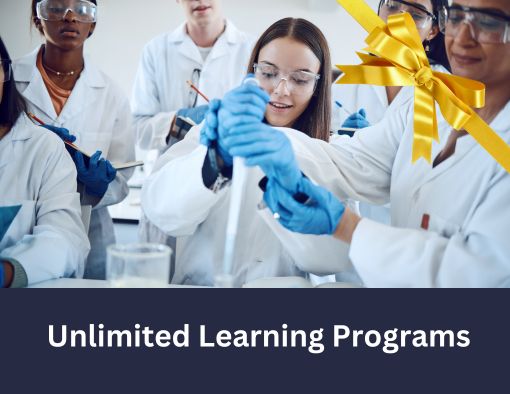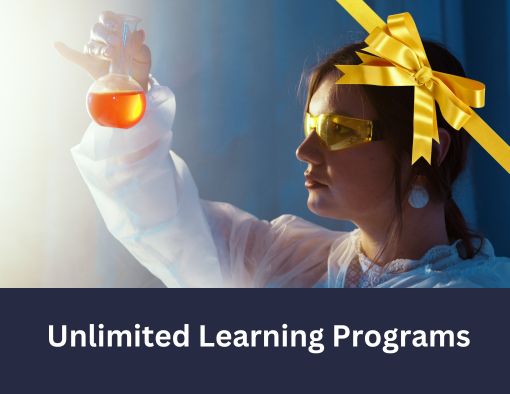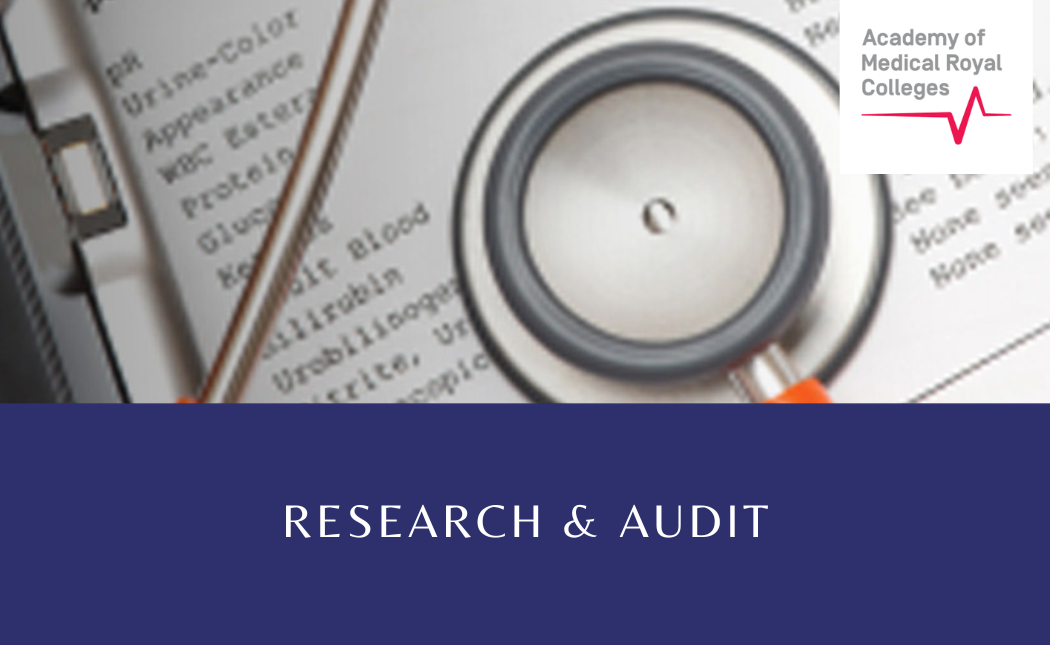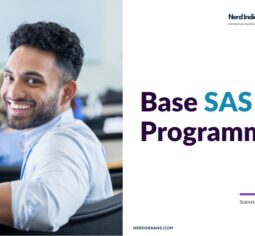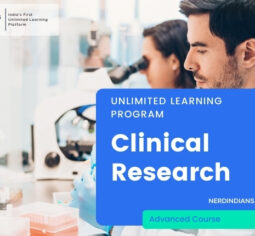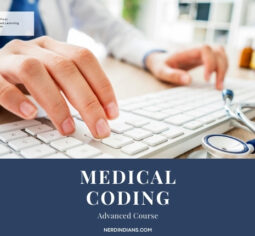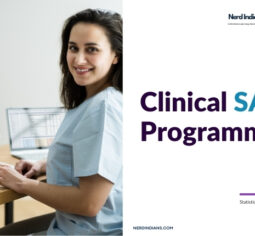Course Content
The 12 core sessions are:
Epidemiology: Basic Principles
Meta-analysis and Evidence-based Medicine
Audit: Basic Principles
Searching the Journal Literature and Locating Papers
How to Review a Paper
Formulating and Writing a Research Proposal
The Regulatory Environment for Conducting Research within the NHS – Research Governance and Ethics
Designing a Randomized Controlled Trial: Basic Principles
Clinical Studies Part One: Cohort Studies and Measures of Association
Clinical Studies Part Two: Study Design
Clinical Studies Part Two: Study Design
Systematic Reviews
Qualitative Research: Basic Principles
About Course
Research & Audit
Gain clinical audit, research and quality improvement skills. This multi-disciplinary programme is relevant to all healthcare professionals who are looking to improve their skills and knowledge of research, audit and quality improvement.
The elearning is arranged into two modules:
Research and audit skills training
The first module, entitled Research and Audit Core Knowledge, helps you to develop skills in areas such as reviewing clinical papers, formulating a research proposal, conducting audits and clinical studies, and the regulatory framework. It provides an excellent foundation if you are considering a research or audit project.
Quality improvement training
The second module, entitled Perioperative Improvement Science and Management (PRISM-ed), explores key resources required to deliver quality improvements within healthcare.
Easy online access
The learning content is available online so you can fit the learning around your busy professional life. The programme has been developed by the Academy of Royal Medical Colleges, the Royal College of Anaesthetists and NHS England elearning for healthcare.
Outline
The research and audit online elearning programme consists of two modules that are divided up into smaller elearning sessions. Each session typically takes around 20 to 30 minutes to complete.
Module 1 deals with research and audit core principles and covers subjects such as the basic principles of epidemiology and audits, meta-analysis and evidence-based medicine, searching the journal literature and locating papers, how to review a paper and formulating and writing a research proposal.
Further sessions cover the regulatory environment for conducting research (within the NHS), research governance and ethics, the basic principles of designing a randomised controlled trial, clinical studies (cohort studies and measures of association) and part two (study design), systematic reviews and finally the basic principles of qualitative research.
Module 2 deals with perioperative improvement science and management (PRISM-ed) and after an introductory session, covers subjects such as systems, process, learning from industry and other improvement models, measurement for QI, human factors, reliability and sustainability and finally the psychology of improvement.

